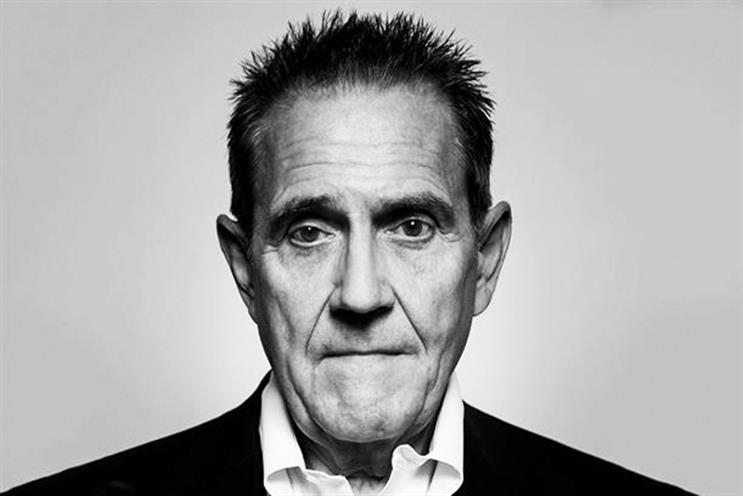Around the middle of the 17th century, Thomas Hobbes said that life in the natural state was: "Solitary, poor, nasty, brutish and short."
His solution was the social contract: basically, the strong should protect the weak.
In order to do this, we would need to be pragmatic: give up some of our freedoms to the state in order to be protected by the state.
Around 100 years later, Jean-Jacques Rousseau saw the natural state differently.
He said: "Man is born free, but everywhere he is in chains."
He saw a different kind of social contract, the job of the state was to guarantee freedom.
The difference between these two views comes from two fundamentally different interpretations of the natural state.
Would a baby left on its own in the natural world be likely to die quite quickly (Hobbes’ view) or would it be likely to live in a perpetual paradise (Rousseau’s view)?
When I was young, I naturally subscribed to Rousseau’s view: everything would be peace and love if the state would just leave us alone to do whatever we wanted.
As I became older, and had children of my own, I realised this was a fantasy.
There may be many people who believe in peace and love, but there are also plenty of people who don’t.
Many people will prey on the gullible, the people who Lenin and Trotsky called "useful idiots".
Much as we would like to believe the world is a paradise, the reality is harsher: the strong survive, the weak perish, Darwin taught us that.
So if we don’t want a world like that, we need to find a way to protect the weak against the predators.
That’s Hobbes’ version of the social contract.
We don’t start with the fantasy world, we start with the unpleasant reality.
That’s why, as Orwell said: "In order for us to sleep peacefully in our beds at night, strong men stand ready to do violence on our behalf."
However much we may wish it was different, that’s the reality.
Now, bring those two world views into advertising.
On the one hand we have product benefit: why should I buy it?
"Is it cheaper, is it stronger, does it last longer, is it quicker, will it get my clothes cleaner, does it taste better, will my children like it, will it make me feel better? What’s in it for me?"
That’s the Hobbes pragmatic view of why someone would buy something.
Or there’s the Rousseau fantasy view of how it works: brand purpose.
"Does it express concern for others, does it care about customers, does it love to help, does it say the right things, does it make people smile, is it nice?"
In a world where everything is already perfect, of course the second way is better.
We don’t need any crude, material concerns.
We don’t need to think about grubby things like which works better, or which lasts longer, or which is worth the money, or what do I really need?
The illusion is, it’s a straight choice between freedom or materialism.
But in truth, there isn’t a choice: one is fantasy, one is reality, and people know that.
Interestingly, Rousseau said the penalty for disobeying his social contract would be death.
He wasn’t very interested in discussing alternatives, nor were his followers.
Rousseau’s version of the social contract resulted in the French Revolution and the rule of the guillotine.
So even if they believed him that "man is born free", his followers soon found out that the reality was "nasty, brutish and short".
Dave Trott is the author of Creative Blindness and How to Cure It, Creative Mischief, Predatory Thinking and One Plus One Equals Three


